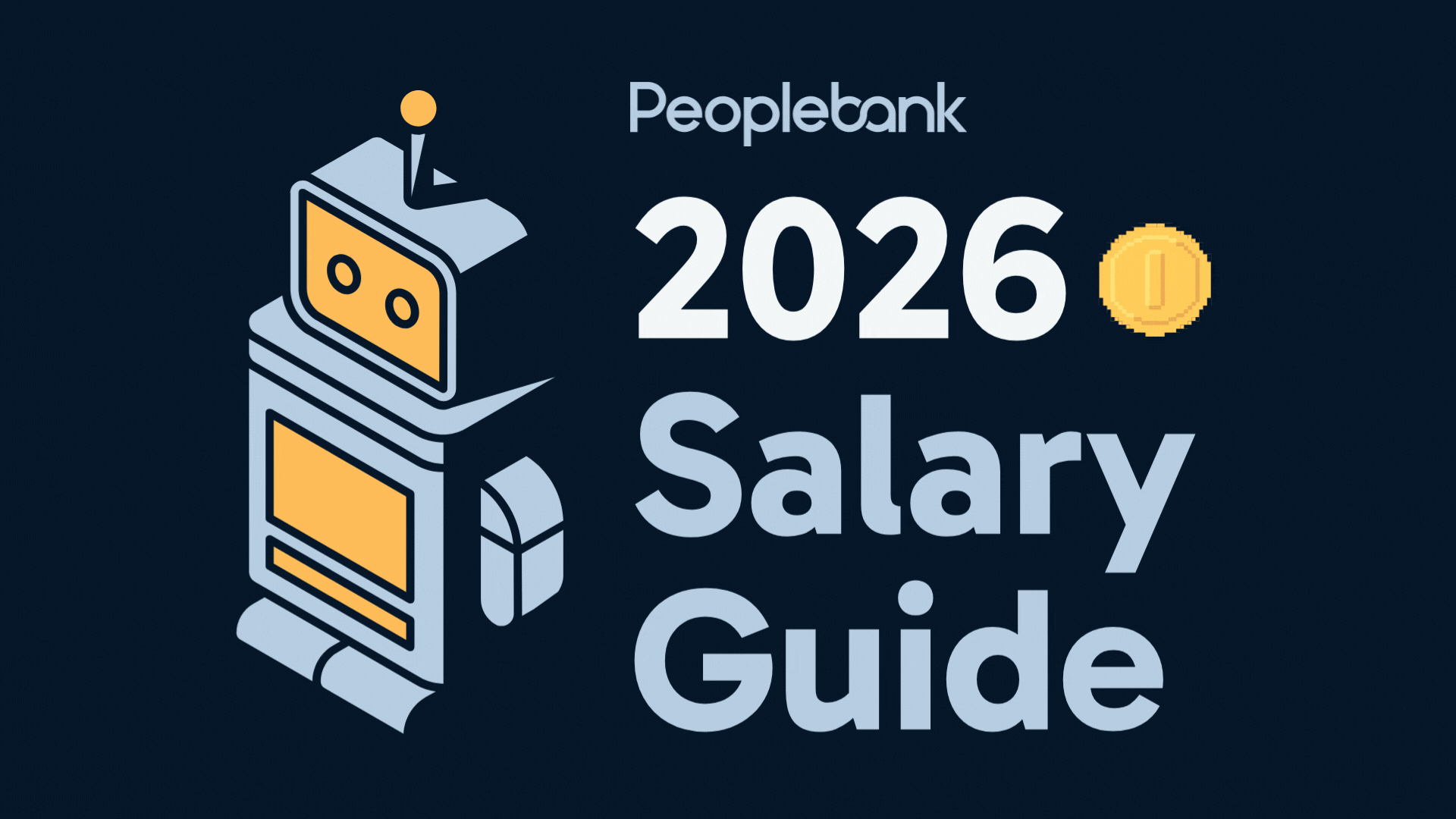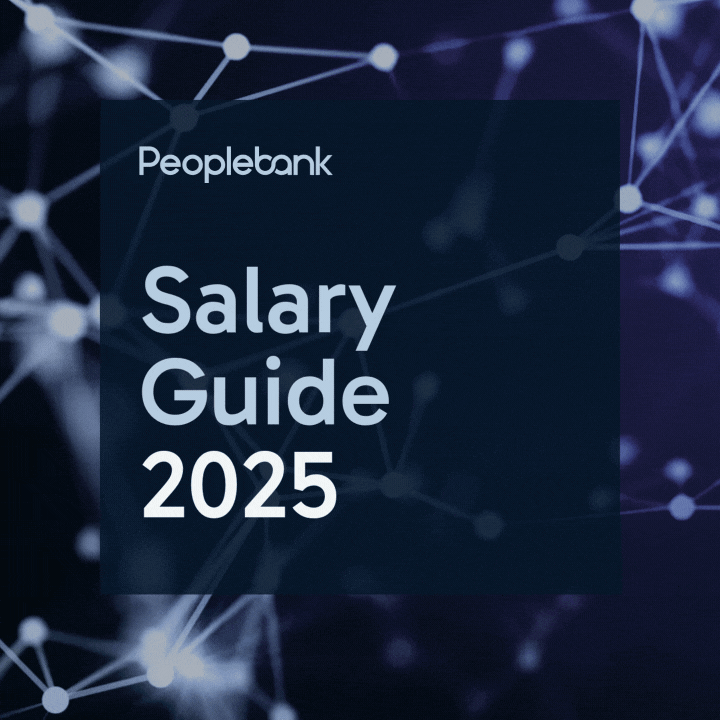5 Brain Hacks that Should Have You Doing Better in Life
New findings about the brain can be more than just fascinating - they can be practical and useful too. You can take these new ideas about brain science and actually apply them to living a more productive life.
Your brain can get more creative when you're tired
When you're tired, your brain is less able to focus. This makes it less able to stubbornly hang on to its preconceived ideas. In other words, it is more open to the truth and to new ideas. A tired brain is more capable of finding the shortest natural route to a solution. An article called The Inspiration Paradox: Your Best Creative Time Is Not When You Think in Scientific American explains how distractions are good too. Distractions can keep your mind from working in ways that it is most familiar with. It becomes more open to new methods.
Power naps help your brain function better immediately
Sleep has been proven in many studies to be important to the health and performance of the brain. What about naps though?
Many studies prove that naps are important, too. Research done in Germany found that participants could memorize flashcards far more quickly and reliably after a 40-minute nap than when they didn't take a nap. The group reported a 25% improvement in memorization performance after a nap.
Napping also helps you better retain memories that you've already formed, as reported in Napping Boosts Brainpower, a study published in Medical News Today. Newly formed memories tend to be volatile - they are easily forgotten when the hippocampus isn't well-rested. When the hippocampus is stressed out from inadequate sleep, new memories quickly evaporate or are quickly overwritten by new ones coming in. The hippocampus doesn't have a chance to make a deeper imprint.
Your brain is all about vision
If you were to put a drop of red food coloring in a glass of white wine, would it fool a professional wine taster? If it did, would you be willing to call the wine taster a fraud? Studies have found, though, that the world's best wine tasters are routinely fooled. It isn't that these wine tasters are charlatans - it's just that the visual sense exerts overwhelming influence over what one feels and thinks. This is why experiments are able to demonstrate that people manage to retain 65% of the information presented in the form of well-thought-out pictures but only 10% of anything presented in the form of text (the study is presented on the website of OSHA.gov in an article titled Fall Protection). This should be an important pointer for anyone who needs to create PowerPoint presentations - pictures, rather than text, get ideas across better.
Extroverted people and introverted people actually have differently wired brains
In an experiment done at the University of Amsterdam, introverts and extroverts were placed in brain scanners and asked to perform mental gambling tasks. When extroverts gambled successfully, their brain scans showed extreme activity in two important parts of the brain - the nucleus accumbens and the amygdala. These are the parts of the brain that process reward and emotion.
Genetic studies of extroverts also find that they have special genes that increase dopamine activity when they gamble. This finding could explain why extroverts tend to like being around new people more - they more actively seek the reward of having new relationships pay off. Introverts, on the other hand, see no such a reward in taking risks meeting new people.
Introverts and extroverts also have differently wired brains (as reported in the book The Introvert Advantage: How to Thrive in an Extrovert World by researcher Marti Olsen Laney). In introverts, external stimuli are delivered to the brain through a long, complex path that touches upon the memory forming areas, planning areas and problem solving areas. Extroverts have stimuli delivered to the brain through a much simpler path - sensory parts to do with taste, sight and touch, mostly. Processing external stimuli, then, is far more fun for extroverts. For introverts, it involves thought and processing and is far less fun.
Introverts and extroverts, then, need to be better understood. Introverts don't tend to stay somewhat aloof because they don't enjoy company. To them, being with people is simply a lot of hard work.
When you're constantly stressed out, your brain changes shape and size
In a study reported in ScienceMag.org called Your Brain on Stress, research on baby monkeys has found that when they are raised by anyone other than their own parents, parts of their brain related to stress become enlarged and remain so for months. This happens even when the baby monkeys are well cared for by the caretakers who aren't their parents. Another study has found that the hippocampus, the part of the brain that forms memories, shrinks with continued stress.
The moral of the research is clear - you need to stay away from stress to live a better life.






















